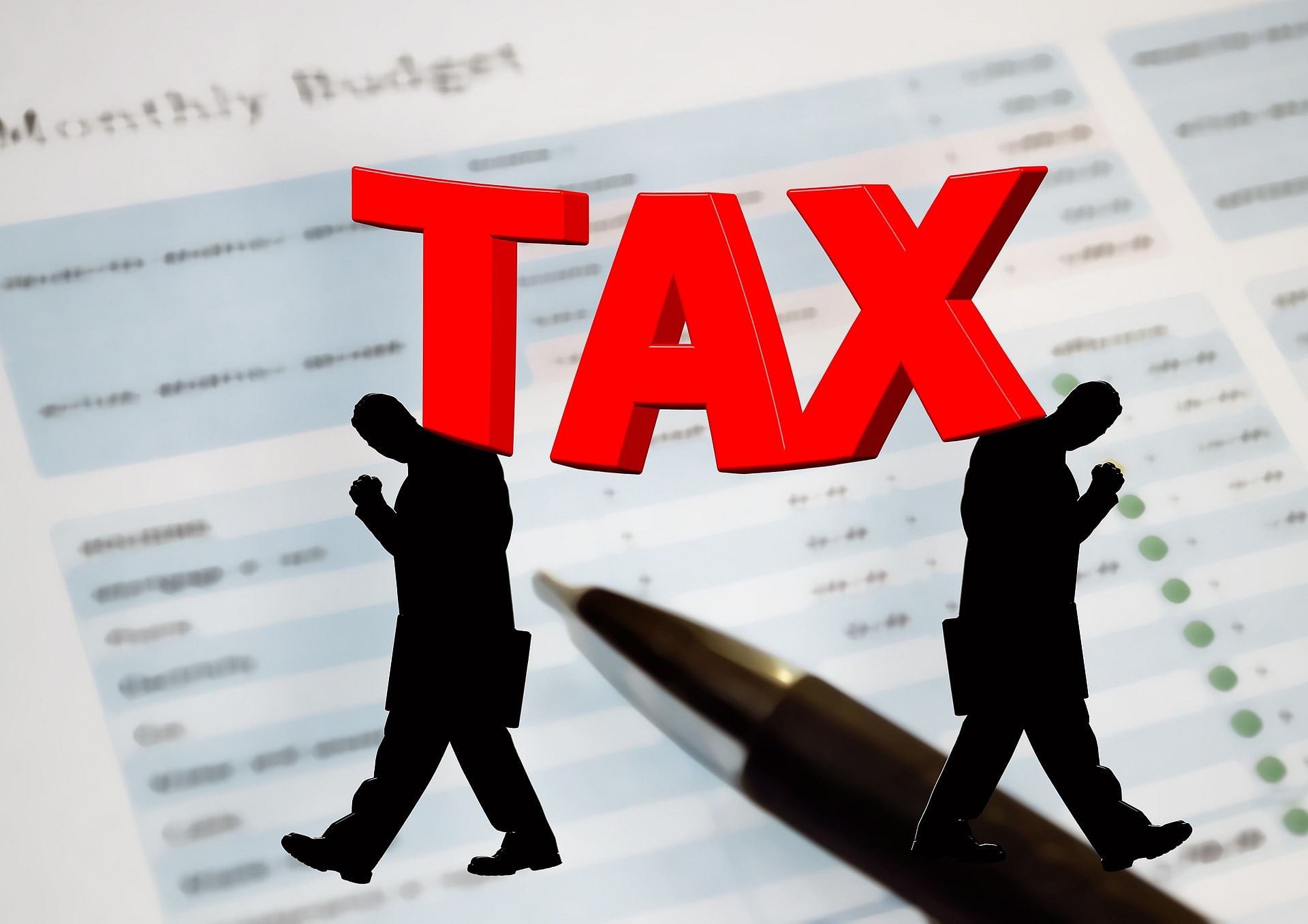
The Central Board of Direct Taxes (CBDT) is facing an uphill task of meeting its direct tax collection target for the current fiscal. The Board is expected to achieve 19% growth in the fourth quarter of the fiscal in order to achieve its revised target at a time when the collections have contracted for the first time in the past two decades.
The Centre in the Union Budget 2020 revised the direct tax target -- which includes personal tax and corporate tax -- downwards by 12.4% to Rs 11.7 lakh crore from Rs 13.35 lakh crore for the fiscal ending March 2020. However, despite this revision, the government is expecting its direct tax mop-up to rise by 3% in the current financial year, even as the mop-up has shrunk by 6% in the first nine months of the current financial year, the government data reveals.
This leaves the CBDT to collect taxes worth Rs 4.83 lakh crore in the span of just three months. This is 19% or Rs 75,882 crore more collection than what the Centre had mopped-up in the last quarter of FY19.
However, the department is hopeful of achieving this target. “Whatever estimates have now been given, I think there is absolute realism to that... I am reasonably confident that we will be able to meet this year’s target,” CBDT chairman PC Mody said at a CII post-budget interaction.
The direct tax collections, till December, in the current financial year have shrunk to Rs 6.87 lakh crore from Rs 7.30 lakh crore last year -- a shrinkage witnessed for the first time in 20 years. The dip in the corporate tax mop-up is even more visible, as the corporate tax mop-up has shrunk by 14% to Rs 3.70 lakh crore from Rs 4.27 lakh crore. The collections in the corporate tax have been hit by the cut in the corporate tax cuts announced by the government in September last year.
Meanwhile, economists rely on the higher economic activity in the fourth quarter for realising this target. “The last quarter of the financial year usually sees higher economic activity when compared with the other 3 quarters. This could, in turn, translate into higher corporate tax collections,” said Kavita Chacko, Senior Economist at CARE Ratings.
Deccan Herald is on WhatsApp Channels | Join now for Breaking News & Editor's Picks